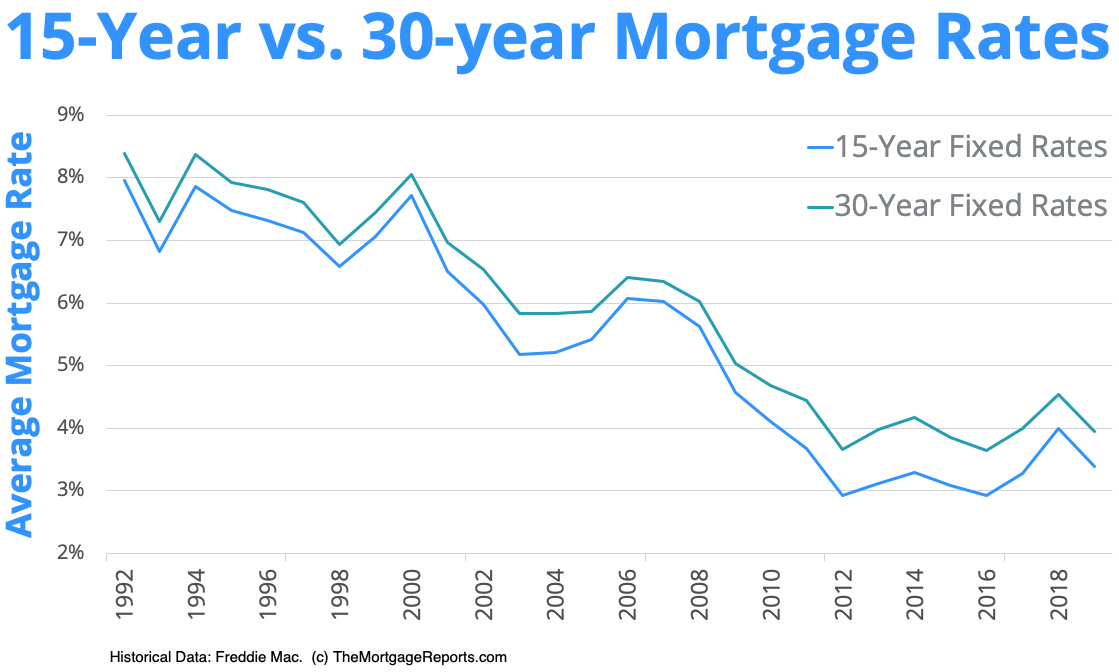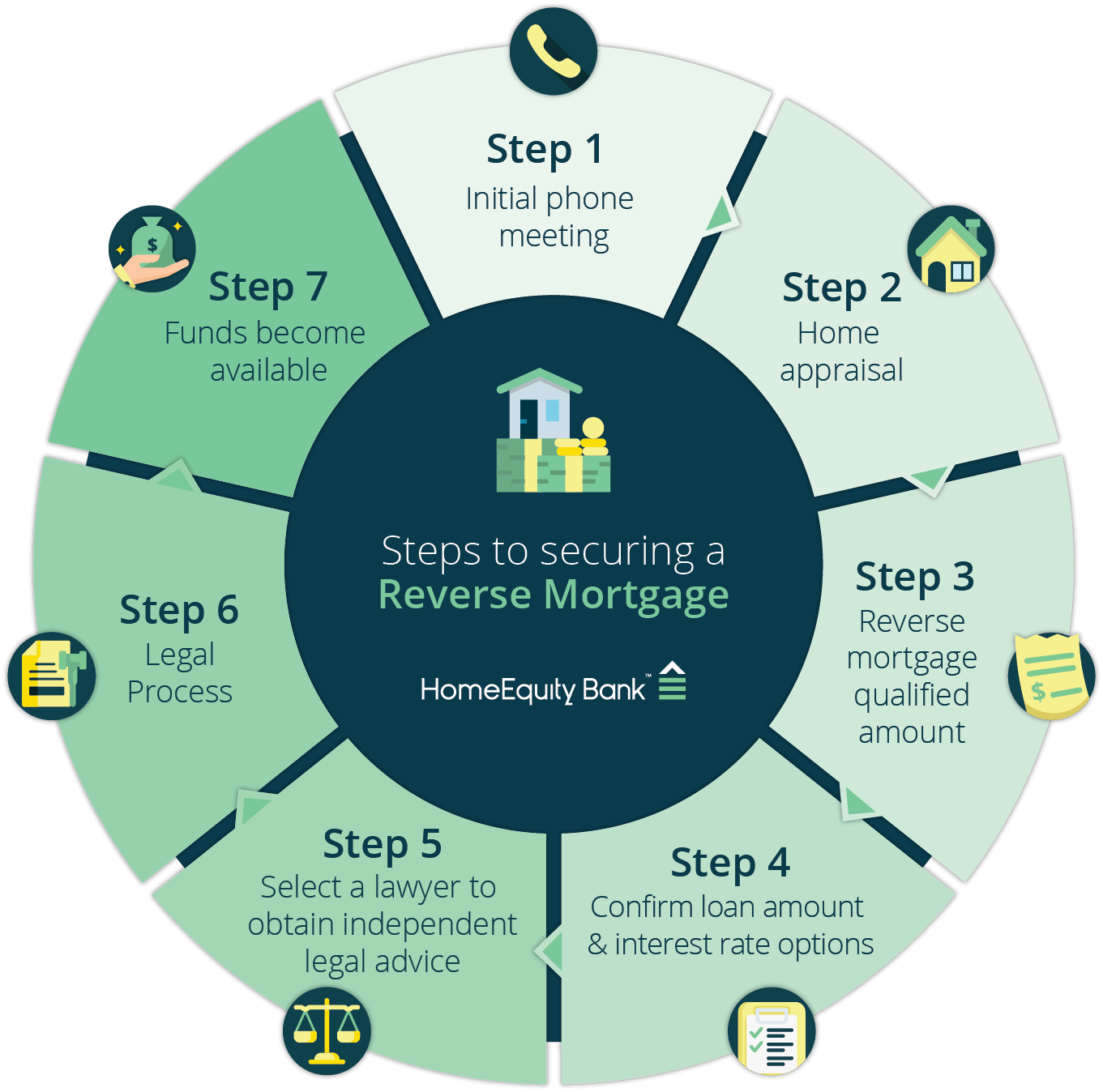However it's not always a good concept. If something goes incorrect, you risk losing your home. And if you wish to pass your home to your spouse or kids when you pass away, a reverse home mortgage might put this plan at threat. Here are a few concerns you must ask yourself to identify if a reverse home loan is the right solution to your financial difficulties.
When you get a reverse home loan, you do not have to pay anything back for as long as you're living primarily in the home and you can keep up with the real estate tax, insurance, and other required expenses. If you decide to move elsewhere for your retirement, or if you transfer to an assisted-living center, the balance comes due, even if you do not sell the house at that time - what are the lowest interest rates for mortgages.
Your beneficiaries still can seize your house, however they should either pay off the balance of the reverse home Click here to find out more mortgage loan or get approved for a standard home mortgage on the house rather. If they don't want to keep your home themselves, they can constantly offer it and put the profits towards the loan.
If the home sells for more than the balance of the loan, your beneficiaries will inherit the distinction. If it costs less than what you owe, your home mortgage insurance will cover it. Because of these threats, it's typically not a smart transfer to take out a reverse home loan if you mean to leave the home to somebody after you die.
If both you and your partner are aged 62 or older, you can put both your names on the reverse home mortgage. That implies if one of you dies, the other will continue receiving payments and will not need to pay anything back till they pass away or leave. However things get more difficult if your partner is younger than 62 or if you have other people residing in the house.

Getting My How Do Banks Make Money On Reverse Mortgages To Work

And there won't be anything you or anyone else can do about it unless you pay off the balance of the loan. The one exception to this is non-borrowing partners. If your spouse is not of age to certify as a co-borrower on the reverse home loan, they can still be noted as a non-borrowing spouse.
Nevertheless, because they're not the customer on the reverse home loan, they won't be able to gather any more money from it. If you cope with others, you must talk through your choices with them to choose if a reverse mortgage is the very best decision for your household. And if your partner is close to turning 62, it may be worth waiting a little while so that they can be listed as a co-borrower.
There are a great deal of up-front costs, consisting of loan origination costs, mortgage insurance coverage, and closing costs. Nevertheless, your loan provider may permit some of these to be rolled into the cost of the mortgage so you don't have to pay them expense. The loan will accumulate interest at a rate that frequently exceeds standard home loan interest rates.
If you reverse and sell your house in the next couple of years, you'll get less out of it, since you'll need to pay what you owe the bank initially. If you expect moving, or if you fear you might wind up with a medical condition that needs you to relocate to an assisted living home, then a reverse home loan isn't best for you.
When you take out a reverse mortgage, you need to pay home loan insurance coverage, which protects the loan provider in the occasion you can't repay what you obtain. This is normally someplace in between 0. what does ltv mean in mortgages. 5% and 2. 5% of the value of your home up front, plus a continuous premium that you should pay month-to-month after that.
The Greatest Guide To Why Do Banks Sell Mortgages To Fannie Mae
If you fall behind on any of these payments, your lender is within its legal rights to call the balance of the reverse home mortgage due. Because case, you must pay up, or the bank will foreclose upon the house. Before you get a reverse home loan, it is necessary to calculate just how much you can expect to pay in home mortgage insurance coverage, real estate tax, and house upkeep.
If you do not feel that you'll have the ability to spend for these expenditures, a reverse home loan isn't ideal for you. If you have actually chosen that a reverse home mortgage isn't the best choice for you, there still are other ways you can get the money you need. Consider offering your house and scaling down or leasing.
It's a great concept to consider all of your choices prior to making a relocation. While a reverse home mortgage can be the right option in choose circumstances, a lot of people are better off looking for alternative ways to generate cash that do not require them risking the roofing over their heads.
A reverse home loan is a mortgage made by a home mortgage lender to a house owner utilizing the home as security or collateral. Which is considerably different than with a conventional mortgage, where the property owner uses their earnings to pay down the debt gradually. Nevertheless, with a reverse mortgage, the loan amount (loan balance) grows gradually because the house owner is not making monthly mortgage payments.
The amount of equity you can access with a reverse home mortgage is identified by the age of the youngest debtor, current rate of interest, and worth of the house in question. Please note that you might need to set aside extra funds from the loan continues to spend for taxes and insurance coverage.
How Does Visit website Chapter 13 Work With Mortgages Things To Know Before You Get This
They would like to remodel their kitchen. They have heard about reverse home loan but didn't know the information. They decide to get in touch with a reverse home loan advisor to discuss their present requirements and future objectives if they might get to a part of the funds kept in their house's equity. what is the current interest rate for mortgages?.
They currently owe $35,000 on their mortgage. Below is an illustration of how John and Anne invest their loan profits. * This example is based upon Anne, the youngest debtor who is 69 years old, a variable rate HECM loan with a preliminary rates of interest of 2. 495% (which consists of an adjustable rate of 0.
375%). It is based upon an assessed worth of $400,000, origination charges of $6,000, a mortgage insurance premium of $8,000, other settlement expenses of $2,740, and a mortgage benefit of $35,000; amortized over 372 months, with total financing charges of $16,740 and a yearly Great post to read percentage rate of 4. 87%. Interest rates might vary and the stated rate might alter or not be available at the time of loan commitment. * The funds offered to the customer may be limited for the first 12 months after loan closing, due to HECM reverse home mortgage requirements.
Info accurate as of 03/28/2019. Many actions are included prior to a new loan being moneyed and the house owner( s) to begin getting funds. We have actually provided to you a fast visual example of what you may expect when starting the procedure of a Home Equity Conversion Home Mortgage. Next actions: Take a couple of minutes to start estimating your eligibility utilizing our complimentary reverse home mortgage calculator.